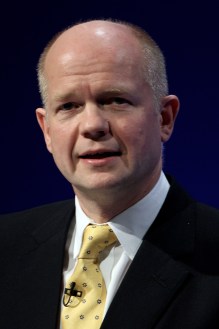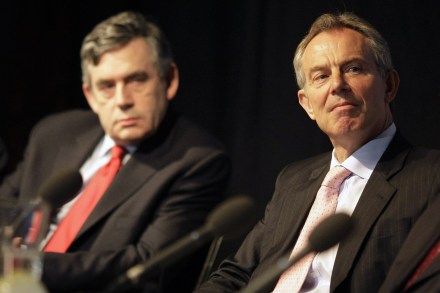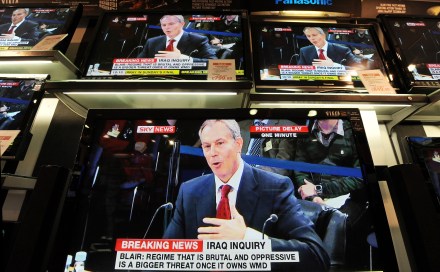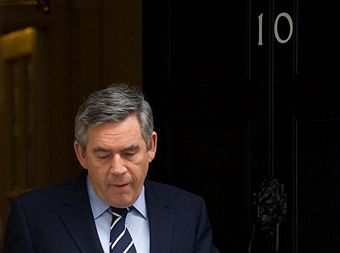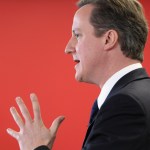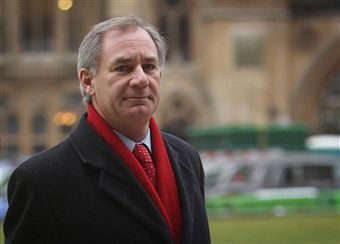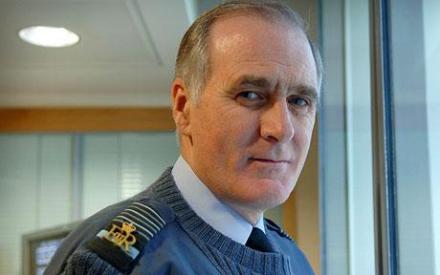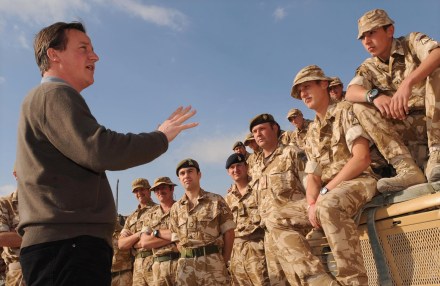Wanted: The Hague Doctrine
Out of the conference hall, and back on to the campaign trail, it would nice to see the Tories talking about the things which make them ready for government. In particular, William Hague should make a foreign policy speech setting out what ideas he has, and which would merit him being referred to as the likely “greatest foreign secretary in a generation” by David Cameron. Hague’s past foreign policy speeches have been solid, but unspectacular. He ticks off the likely issues, talks about global trends and looks knowledgeable about the crises that could emerge. But there is no overaching concept, such David Miliband’s idea of Britain as a “global hub”.
